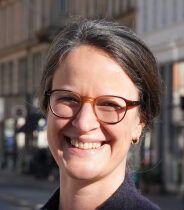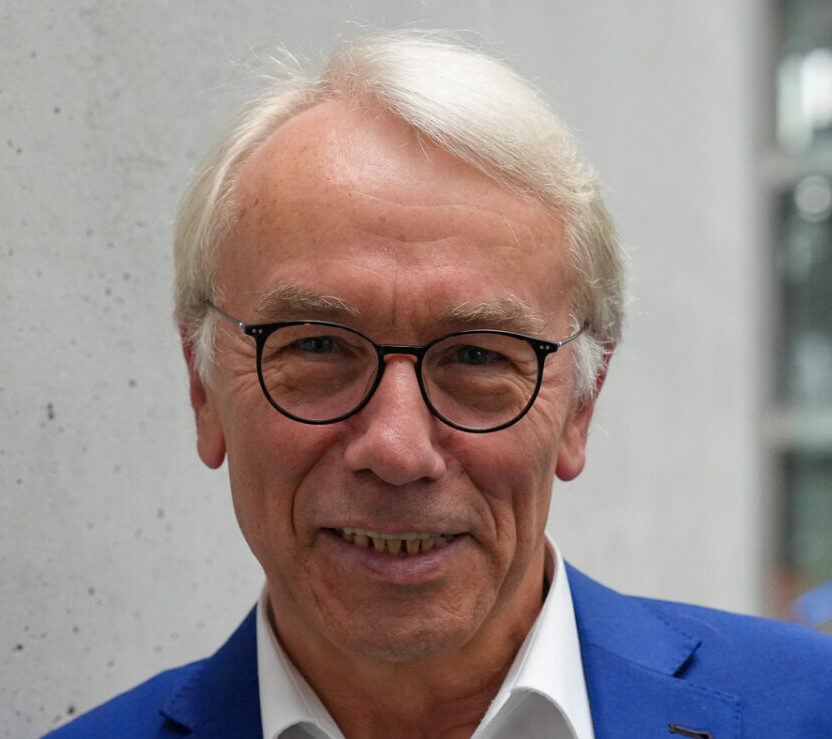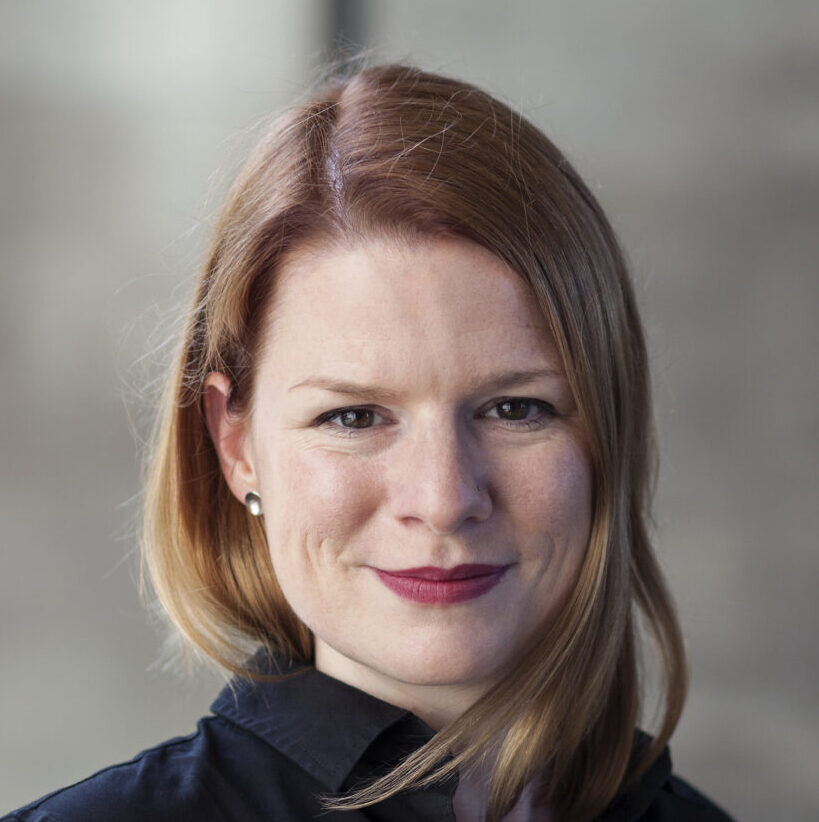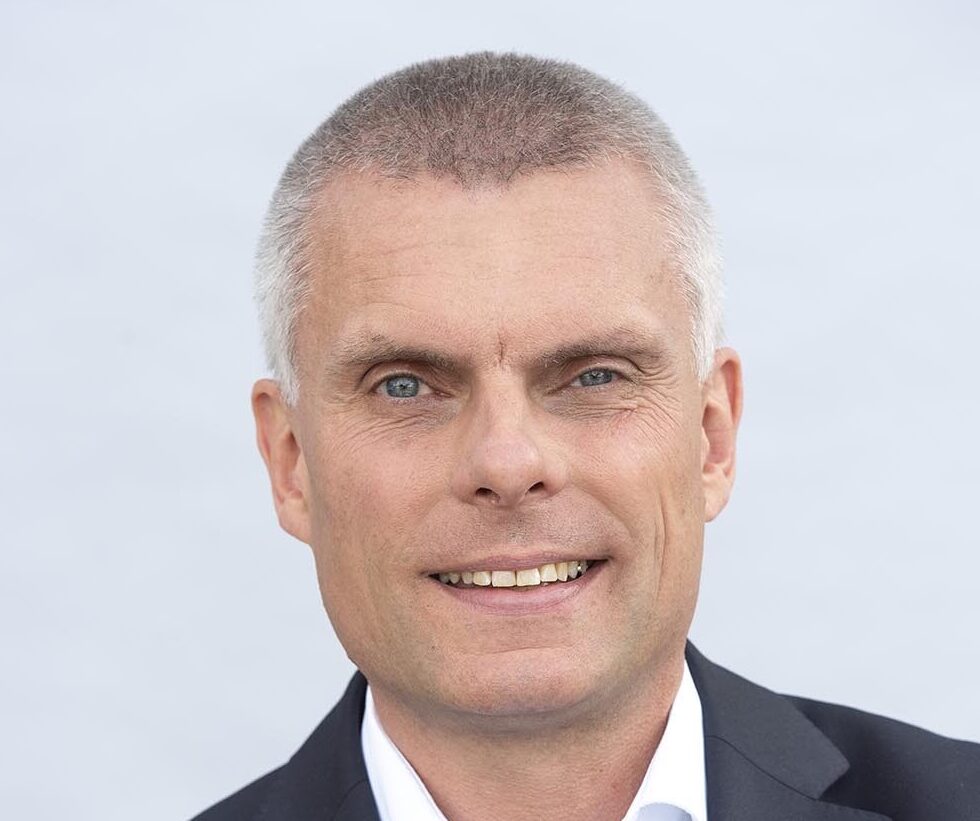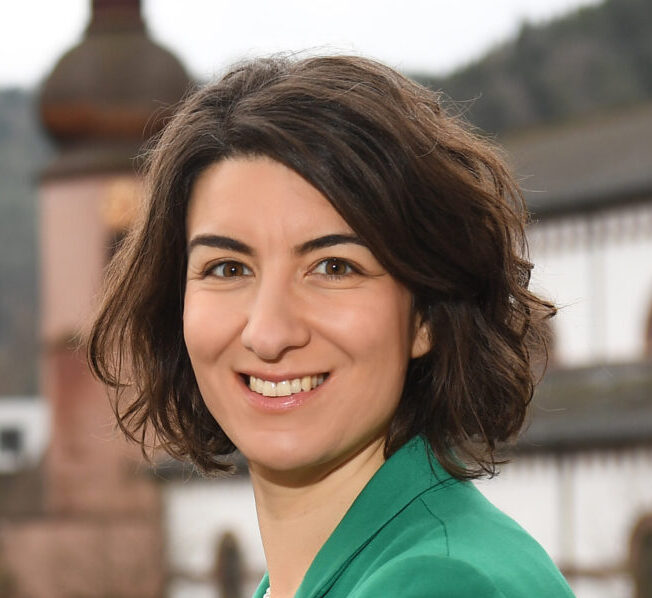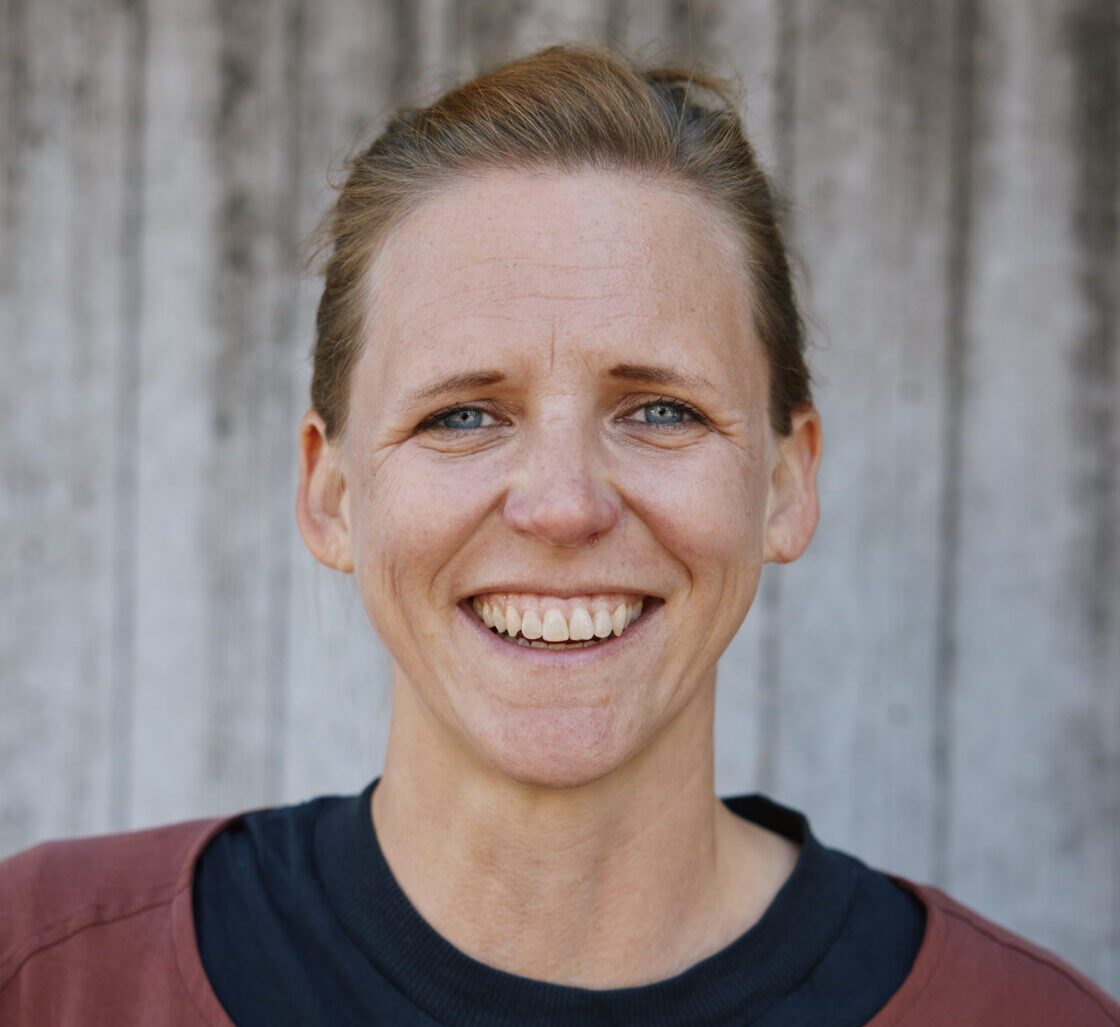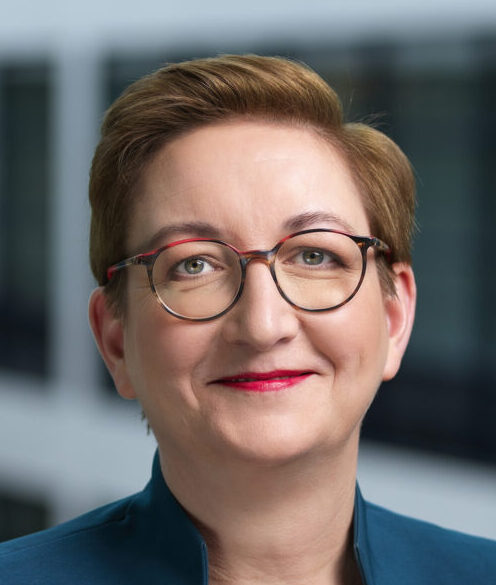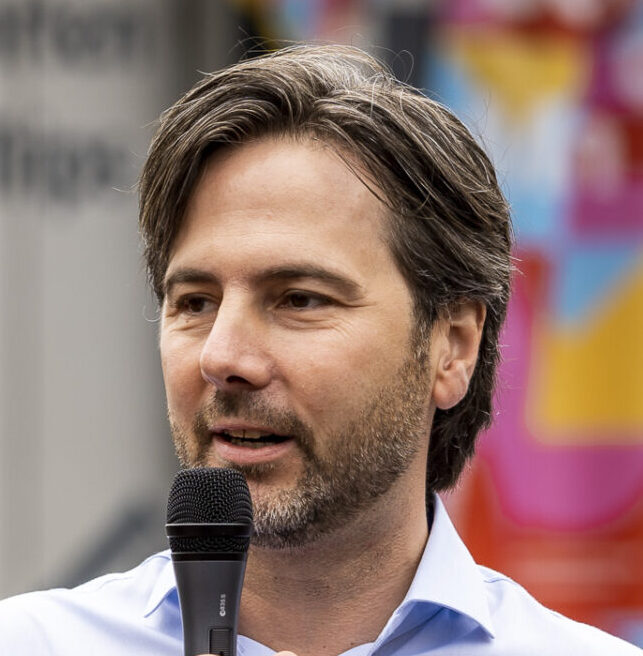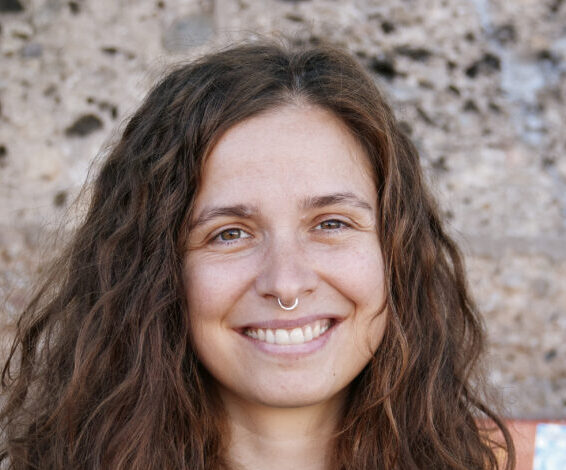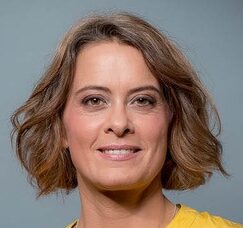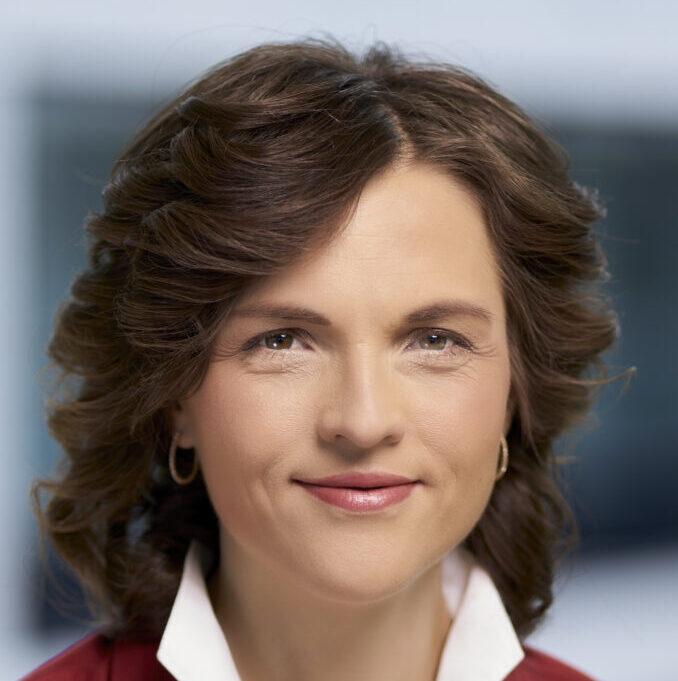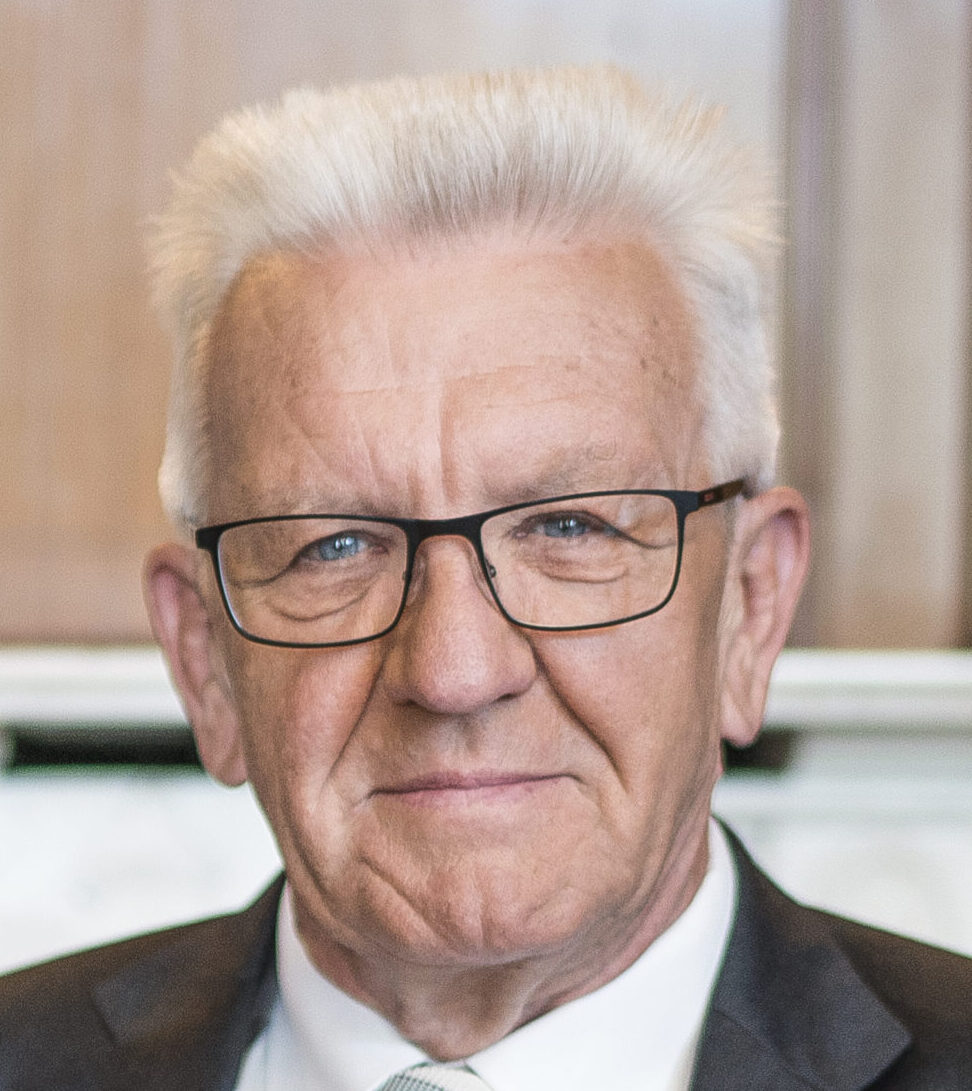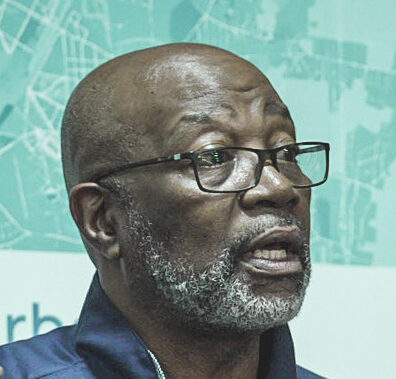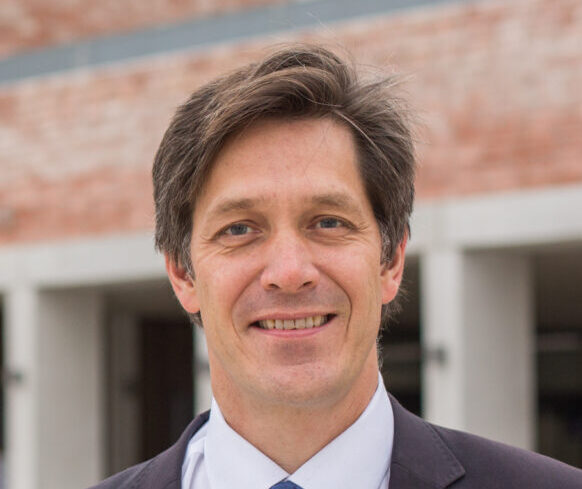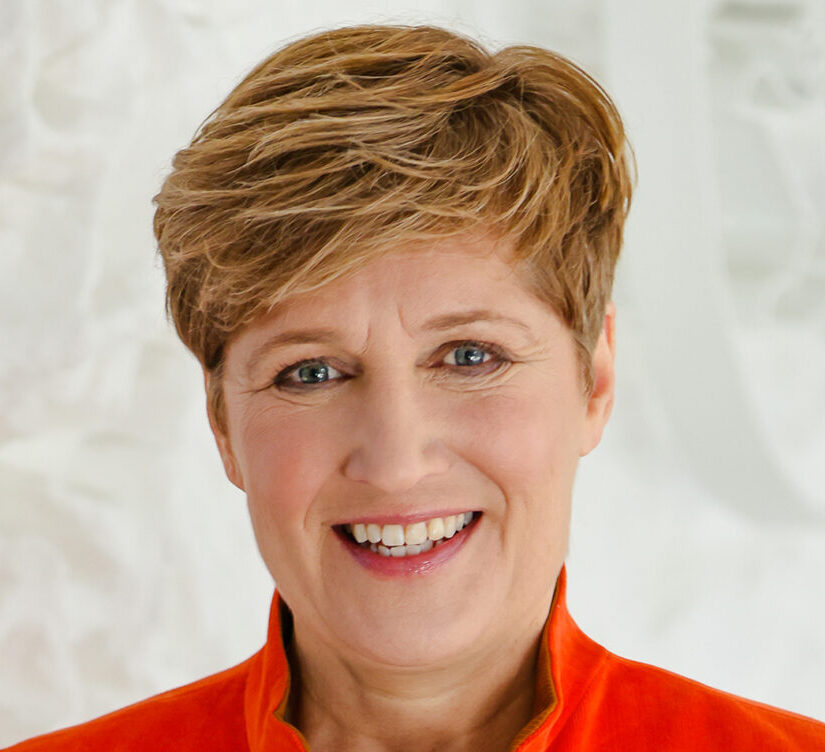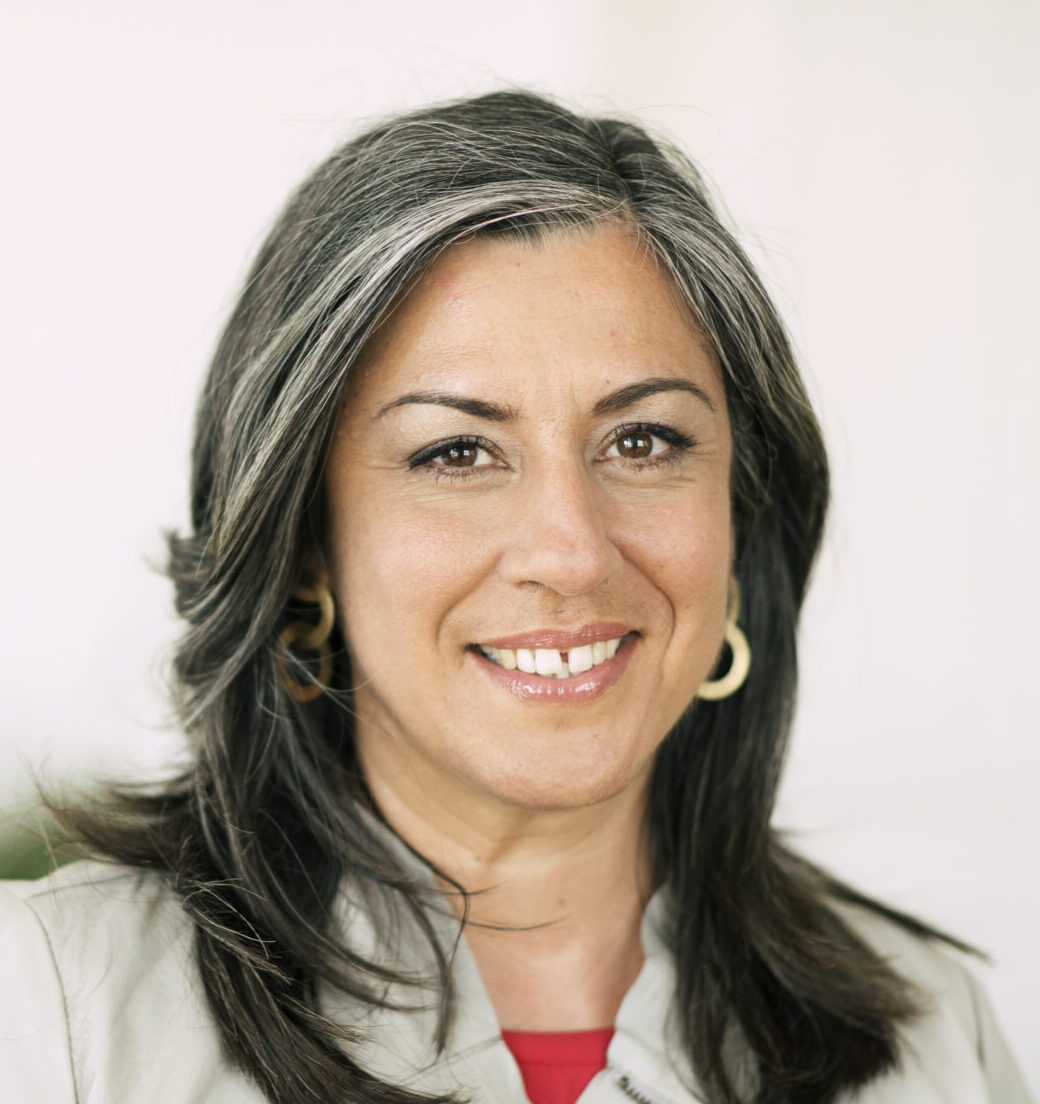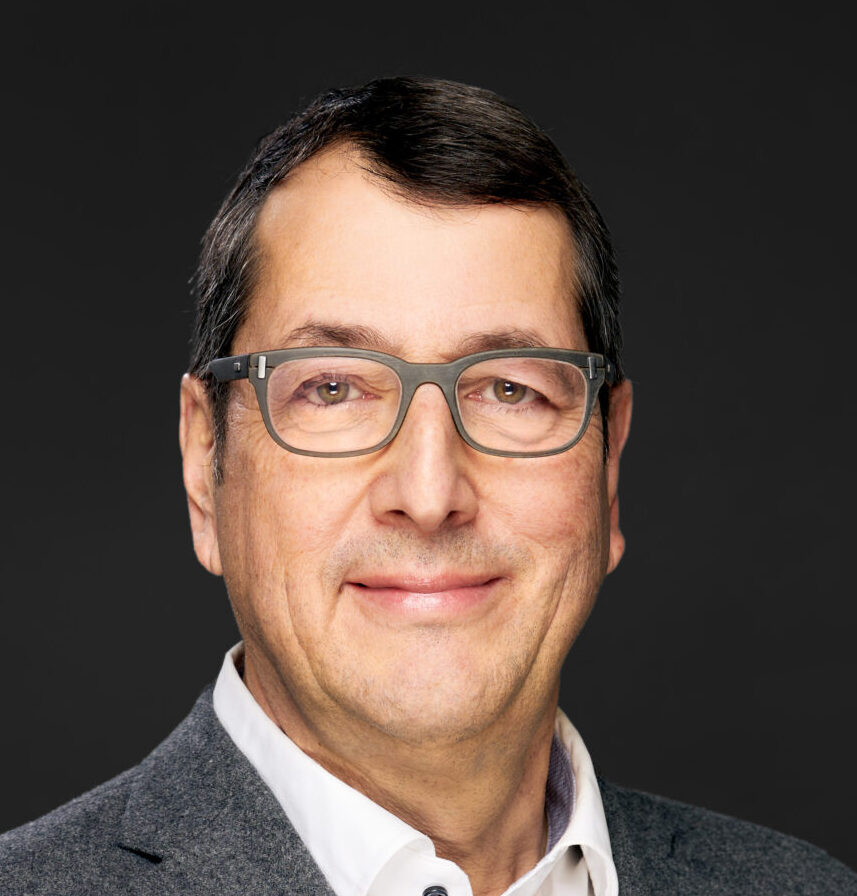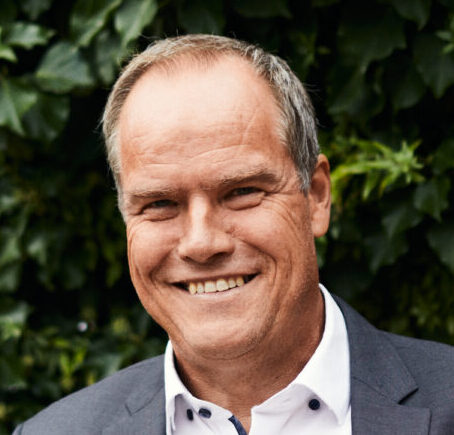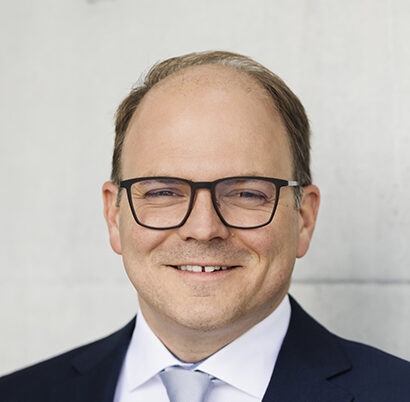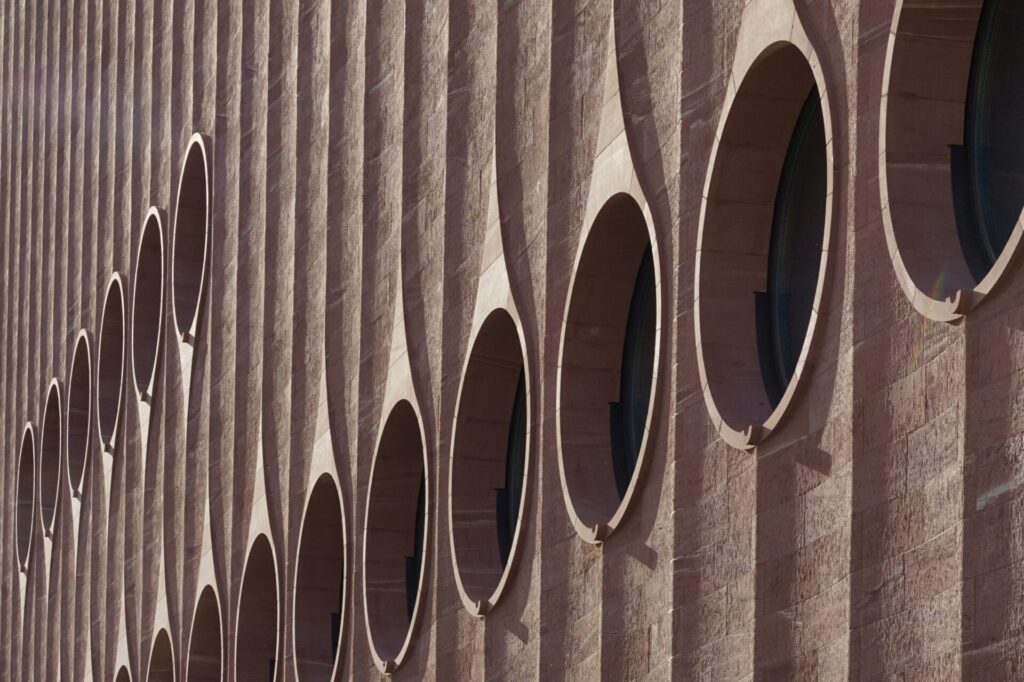A warm welcome!
We’re glad you’re interested in the 17th Federal Congress on National Urban Development Policy.
However, we regret to inform you that we have reached the maximum number of participants for the congress and that registration and participation in Heidelberg is no longer possible.
Please use the livestream of the main programme, which will be available on both days on our website.
Further information on the National Urban Development Policy can be found here.
This year’s national congress will take place in the newly opened Heidelberg Congress Centre and will be linked with impulses from forward-looking projects in the city of Heidelberg and the region.
In line with the theme of the Congress, the intention is to explore the diverse collaborations in urban development and the significant transformation challenges posed by climate change, digitalisation, housing, social cohesion, co-production and the common good, as well as the energy and mobility transition.
You can book accommodations through Heidelberg Marketing or other booking platforms.
Here at the Congress, we take sustainability very seriously; please help us achieve our goals – for example, by travelling by train. It’s sustainable and relaxing!
For climate-friendly travel, we have arranged a DB event ticket at a nationwide fixed price in cooperation with Deutsche Bahn. From any DB station to the congress, with a City-Ticket included.
A recap of the last congress’s programme in Jena is available in the media library.
Event location
Czernyring 20, 69115 Heidelberg
https://www.heidelberg-congress.com/locations
Space as Performance
The newly inaugurated Heidelberg Congress Center (HCC) in April 2024 is the chosen venue for the 17th Federal Congress. It stands as a beacon of innovation with its visionary architecture, openness, cutting-edge event technology, and sustainability awarded with gold.
The design offers immense freedom across three levels, featuring a 6,600 square meter space for dialogue and a flexible room concept, including a brightly lit main hall for up to 1,800 people, adorned with the world’s third-largest LED wall, another versatile hall for 800, 10 meeting spaces, a 2,600 square meter foyer, and a Sky Forum with seating.
A highlight is its own TV studio for live streaming, recording, and video production. The HCC aims to foster opportunities, relationships, creative teamwork, enjoyment, and a space for constructive exchange.
Central location
The Heidelberg Congress Center boasts a prime location, being just about a minute’s walk from the main train station, in the vibrant and sustainable district of Bahnstadt.
It offers excellent accessibility with direct connections to public transport and highways, and features a two-level underground parking garage with 70 car charging stations and space for 115 bicycles, including 50 charging stations.
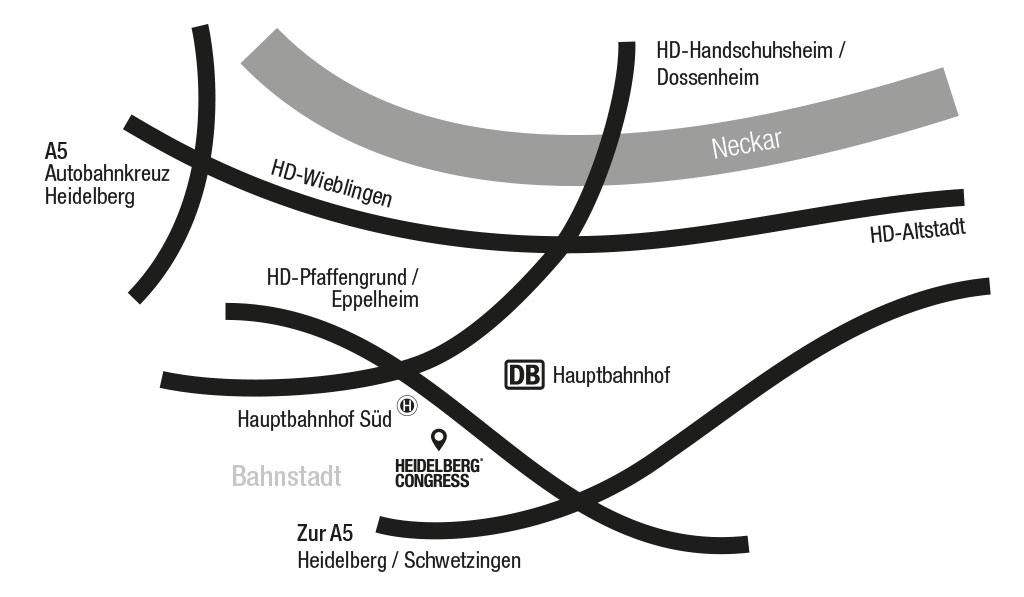
Programme
(As of: 08 September 2024 / subject to change)
Programme Download
17 September 2024
From 10:00 a.m.
Admission and accreditation for the Federal Congress opens
11:00 a.m. – 4:00 p.m.
Framework programme/Side events
A range of events by partners of the Federal Ministry for Housing, Urban Development and Building and the National Urban Development Policy
11:00 a.m. – 1:00 p.m.
Framework programme/Side events
2:00 – 4:00 p.m.
Framework programme/Side events
4:00 – 4:45 p.m.
Framework programme/Side events
11:00 a.m. – 1:00 p.m.
Framework programme/Side events (by invitation)
from 5:00 p.m.
Congress programme
Overall moderation: Anja Heyde
5:00 p.m.
Welcome/introduction: “Cooperation in Urban Development”
Klara Geywitz, Federal Minister for Housing, Urban Development and Building
5:10 p.m.
Welcome from the city of Heidelberg
Prof. Eckart Würzner, Lord Mayor of the City of Heidelberg
5:20 p.m.
Welcome from the state of Baden-Württemberg
Winfried Kretschmann, Minister-President of the state of Baden-Württemberg
5:30 p.m.
Keynote
Maria Vassilakou, Vienna Solutions, former Vice Mayor of Vienna and independent advisor on urban transformation
6:00 p.m.
Keynote
Luyanda Mpahlwa, DesignSpaceAfrica, African Centre for Cities (ACC), Adjunct Prof, University of Cape Town UCT, Cape Town, South Africa
6:15 p.m.
Panel: Cooperation in Urban Development
Discussion led by: Anja Heyde, moderator
- Bernhard Daldrup, MdB, SPD
- Alexander Föhr, MdB, CDU/CSU
- Dorothee Eisenlohr, Mayor of Schramberg
- Sandra Engelhardt, Urban Lab, Nürnberg
- Prof. Dr. Marcus Gwechenberger, Head of Department for Planning and Housing of the City of Frankfurt a. M./ Professor for Urban Transformation at Frankfurt University of Applied Sciences
7:15 p.m.
Panel: Gender-equitable urban development policy – positions for a fair, inclusive and caring city
Discussion led by: Anja Heyde, moderator
- Elisabeth Kaiser, Member of the Bundestag, Parliamentary Secretary to the Federal Minister for Housing, Urban Development and Building
- Maria Vassilakou, Vienna Solutions, former Vice Mayor of Vienna and independent advisor on urban transformation
- Dr. Mary Dellenbaugh-Losse, Urban researcher, member of the BMWSB Expert Advisory Board
7:45 p.m.
Evening reception by the City of Heidelberg at the Heidelberg Congress Center
18 September 2024
Overall moderation: Anja Heyde
From 09:00 a.m.
Admission and registration
10:00 a.m.
Opening in dialogue
Moderator Anja Heyde in conversation with Elisabeth Kaiser, Member of the Bundestag, Parliamentary Secretary to the Federal Minister for Housing, Urban Development and Building
10:10 a.m.
Keynote
Ida Bigum Nielsen, Head of the Strategic Planning Team, Gehl Architects, Copenhagen
10:40 a.m. – 4:00 p.m.
Parallel future-focussed breakout areas: working formats with brief idea sharing, practical examples and discussions among participants (some as excursions)
Moderator Anja Heyde will start with an overview of the breakout sessions and give organisational instructions (finishing no later than 11:00 a.m.).
11:00 a.m.
Start of future-focussed breakout areas
Some of the breakout areas will be held at the Heidelberg Congress Center (HCC), while others are excursions to external locations. If the excursion destinations are not accessible via public transport or on foot, then coaches will be provided. Space on-site and logistics mean that participant numbers will be restricted for some external breakout areas/excursions. Please follow the instructions for each breakout area. We kindly ask for binding registration and participation.
3:15 p.m.
Coffee break and networking in the HCC
Participants return from excursions
4:15 p.m.
Panel: Partner of the National Urban Development Policy
Discussion led by: Anja Heyde, moderator
- Elisabeth Kaiser, Member of the Bundestag, Parliamentary Secretary to the Federal Minister for Housing, Urban Development and Building
- Nicole Razavi, Member of the Landtag, Minister of Regional Development and Housing, Baden-Württemberg
- Bernd Düsterdiek, German Association of Towns and Municipalities
- Hilmar von Lojewski, Association of German Cities
- Jürgen Odszuck, First Mayor and Head of the Department for Urban Development and Construction, City of Heidelberg
5:15 p.m.
Conclusion and outlook
Moderator Anja Heyde in conversation with:
- Elisabeth Kaiser, Member of the Bundestag, Parliamentary Secretary to the Federal Minister for Housing, Urban Development and Building
- Jürgen Odszuck, First Mayor and Head of the Department for Urban Development and Construction, City of Heidelberg
5:30 p.m.
Get-together by the Federal Ministry for Housing, Urban Development and Building in the Heidelberg Congress Center
Speaker
This year, we are once again expecting a selection of renowned experts and representatives from politics, urban development and civil society.
With interesting presentations or contributions to the panels, together with you they will make a significant contribution to the quality of the 17th Federal Congress on National Urban Development Policy.
